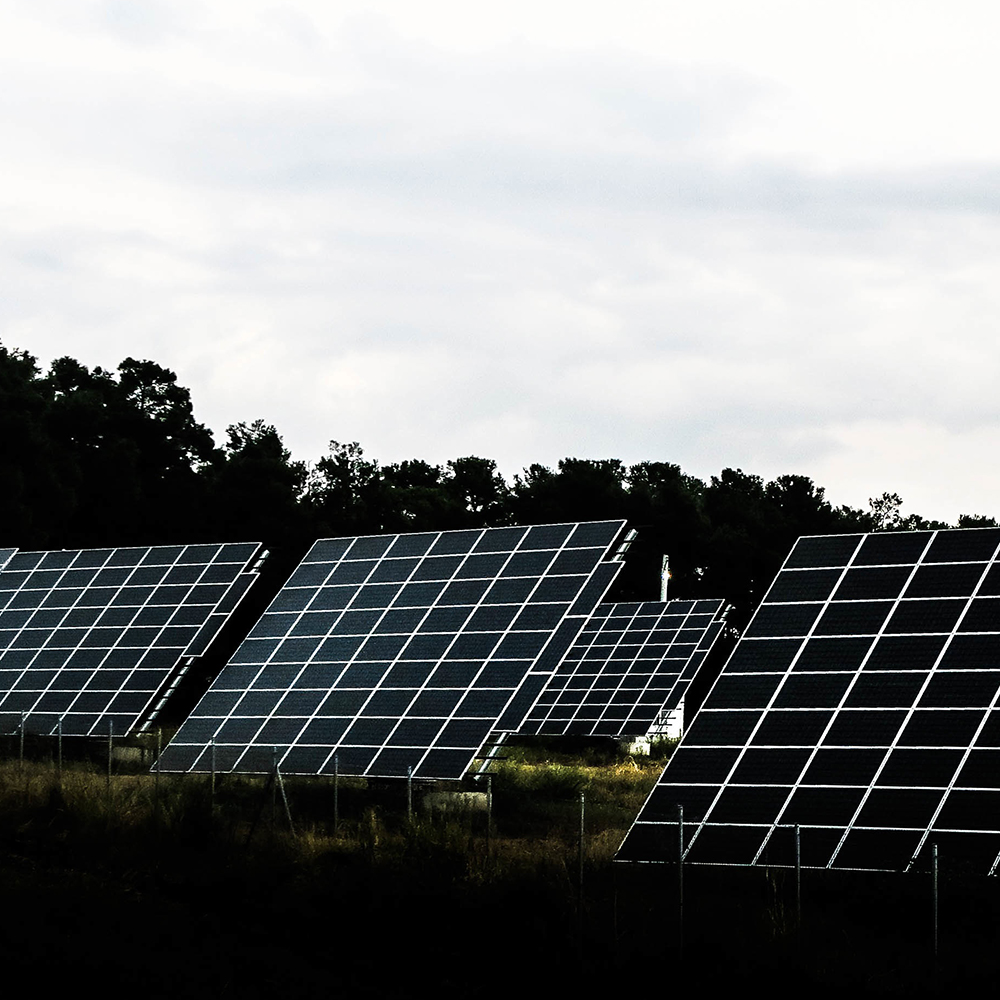The political progressives in the U.S. look to Europe for much if not most of their policy ideas. Be more like the Europeans, they say, adopt their welfare state models and their green energy programs, push the masses into cramped housing and set taxes and regulation so that they consume less. There’s a cradle-to-grave collectivist utopia just across the Atlantic.
What they’re missing is Europe has been stepping back from a socialism that might not have existed anyway. Economies in Western Europe that many Americans identify as socialist are mixtures of welfare statism fed by the prosperity of capitalism. Sweden began unwinding its government-heavy economy in the early 1990s. In 2015, Danish Prime Minister Lars Lokke Rasmussen said “Denmark is far from a socialist planned economy. Denmark is a market economy.”
Europe is also noticing that the rush to transition to green energy is outpacing reality. At least two nations have decided that nuclear power is a vital contributor to their electricity portfolios. The United Kingdom has in place plans to classify nuclear “as environmentally sustainable in our green taxonomy,” while France is planning to build a half-dozen new reactors and possibly another eight after that.
That same reality is requiring European nations to question their targets for an all-electric vehicles regime. Or, in the words of a Daily Telegraph headline, “Net zero ban on petrol cars in chaos after Brussels climbdown.”
“A looming British ban on the sale of new petrol and diesel cars” has been upended, the Telegraph reported last month, “after Brussels watered down its own restrictions amid opposition from the German auto industry.”
Apparently unwilling to admit its policy missteps, a few days later the British government “reasserted its plan to ban the sale of new petrol and diesel cars from 2030,” Automotive Management Online reported, though “experts and politicians warned that British rules due to take effect in 2030 are untenable,” said the Telegraph. Former Tory leader Iain Duncan Smith, for one, declared that “the 2030 deadline for the elimination of petrol and diesel engine cars in the UK is simply not achievable.”
The European Union, to which the UK no longer belongs, has delayed its ban on automobiles with internal-combustion from 2030 to 2035, but will allow “so-called e-fuels” to be burned “following a backroom compromise forced on it by the German authorities,” according to the Telegraph. E-fuels are synthetic alternatives “that can be made from air and water using electricity” and “could keep combustion engine cars on the road in the EU past its 2035 climate deadline,” explains The Verge, a tech news website. But it will cost more to keep them there – e-fuels are much more expensive than fossil fuels.
In any event, though delayed, and in spite of the “climbdown,” Europe’s EV rules will eventually go into effect, barring a future collision with reason. Which is a possibility, given that John Redwood, a former British Tory cabinet minister, was not shy to point out that the “government needs to listen to the Germans and take advice” about its hasty campaign to EV-ize all of Britain.
Redwood also made the point, perhaps inadvertently, that markets produce better environmental outcomes than mandates.
“The more permissive an economy is, and the fewer bans there are, the better to promote growth,” he said.
There are a few in Sacramento who would agree with him. Unfortunately, there are too many who just won’t listen. For them, there is no possibility of a climbdown.
Kerry Jackson is a fellow with the Center for California Reform at the Pacific Research Institute.

